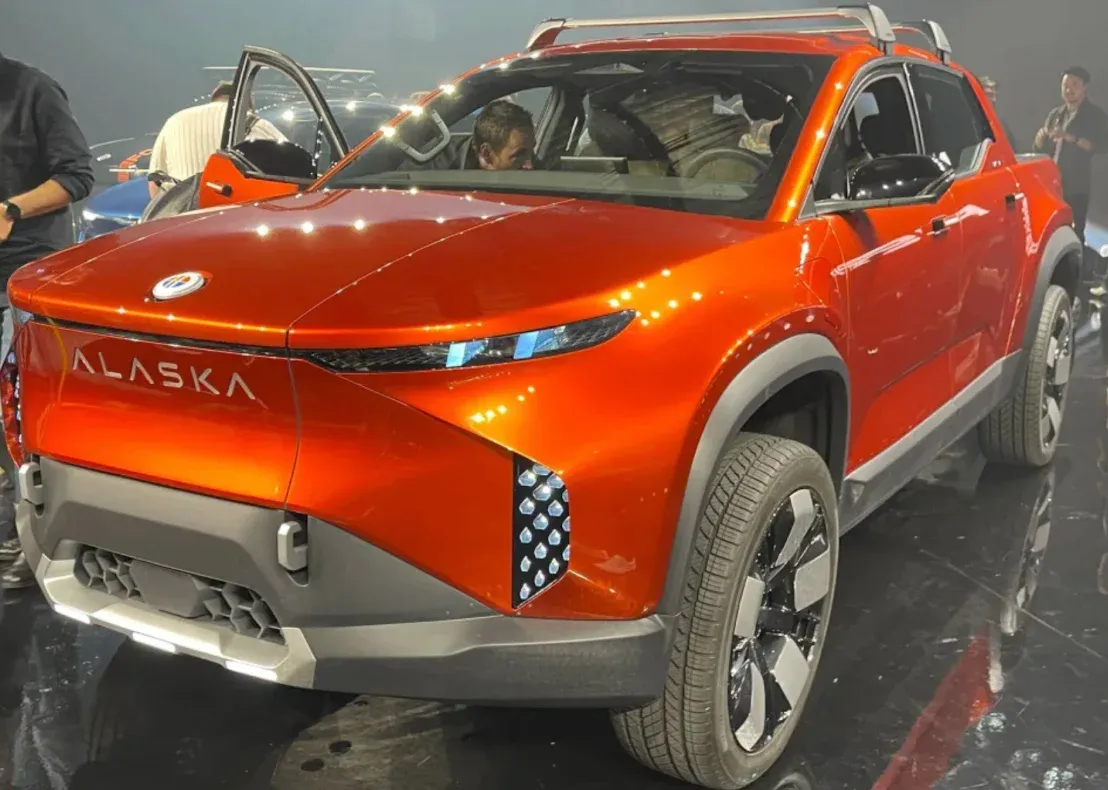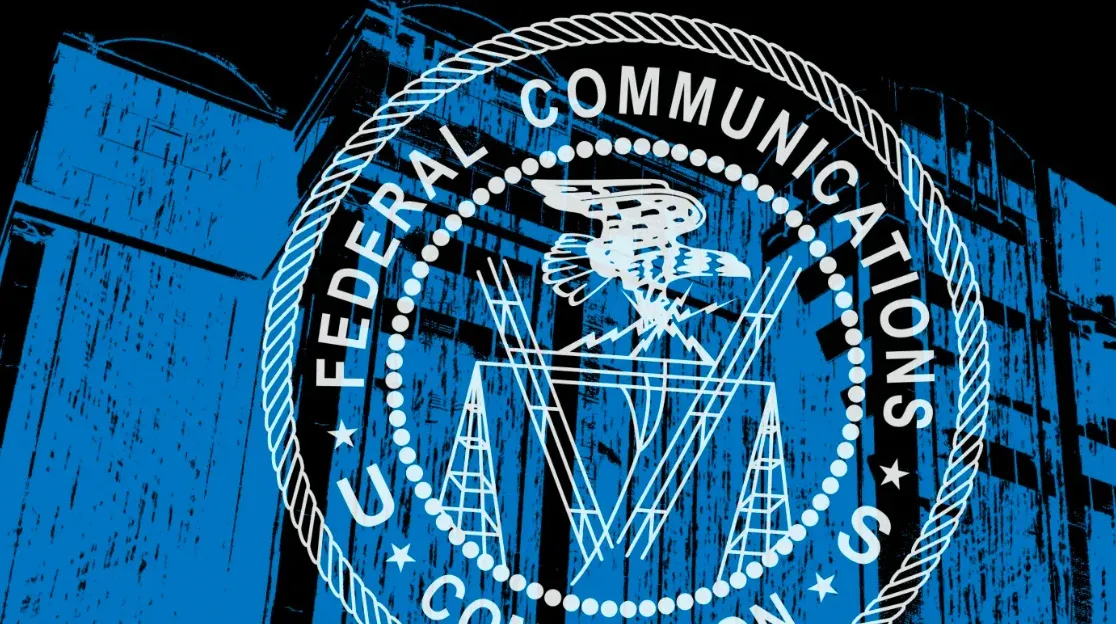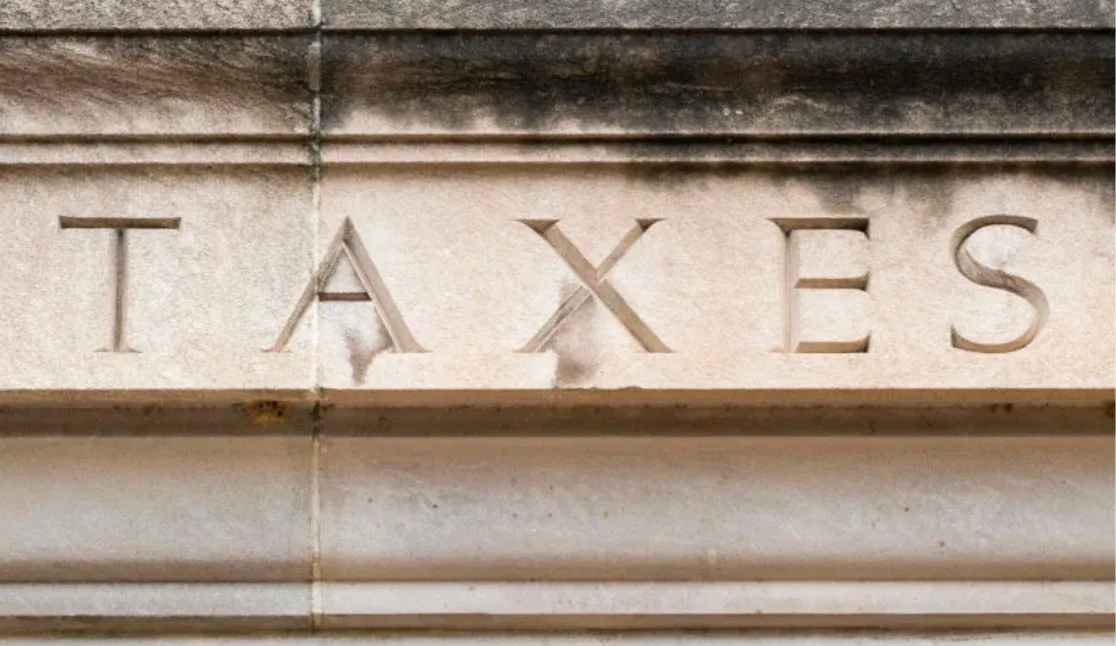
Dear Studio Fam,
There have never been more electric vehicles for sale and we’ve got a rundown of three new models from an EV veteran you may have never heard of. We also take a look at a strange new feature available for self-conscious premium X users (yeah, we’re not saying Twitter anymore) and check-in on the Federal government’s seemingly pointless fight against robocallers. But the Federal Government actually has some good things going on from a tech perspective, and you’ll find some information about how filing taxes might be about to get a lot better.
Fisker Unveils New EVs

Henrik Fisker, the Danish automobile designer whose previous EV company Fisker Automotive failed in 2014, is back and touting several prototype designs to be sold under his new company, Fisker Inc. Last year, Mr. Fisker unveiled his plans for an EV SUV called the Fisker Ocean which is still not for sale. Despite the slow launch, Mr. Fisker has several other EV designs under consideration for mass production at various sites around the world.
The new designs include a pickup truck called the Fisker Alaska, a sports car called the Fisker Ronin, and a low priced utility vehicle called the Fisker Pear. There was also an updated off-road version of the previously announced Fisker Ocean called the E Force with larger tires and a more rugged suspension. While the exterior designs of the new cars are original and compelling, little is known about the production specifics and delivery timelines of any of these vehicles. That’s because Mr. Fisker doesn’t intend to actually build them himself; all manufacturing is to be outsourced to existing automakers and is completely dependent on their fundamental battery and motor technology.
The Fisker Ocean, for example, is built entirely by Austrian automaker Magna Steyr on top of its proprietary EV platform. This is a similar strategy that smaller automakers have used to enter the EV market; Jaguar’s iPace EV is built on top of the exact same EV platform. The Fisker Alaska is supposed to be produced in the United States by another contract manufacturer, Lordstown Motors, but Lordstown recently filed for bankruptcy. Mr. Fisker is unlikely to be successful selling any EVs in the USA if he can’t find another domestic manufacturer as the EV tax credits contained in the Inflation Reduction Act are only applicable to vehicles made in the USA.
You Can Hide Your Checkmark On X Now

Shortly after Elon Musk introduced the ability for all Twitter users to buy a blue check mark, a new meme popped up mocking those who did. In no small part due to the fact that buying a checkmark amplified one’s reach across the platform, it became easy for Internet trolls to target supporters of Musk’s paradigm shift in social media verification.
As Musk has said that the funniest outcome is often the most likely, X (formerly Twitter) has unveiled a new feature letting premium X users hide their verified status. Why? No specific reason has been given, but we can all assume it has something to do with the trolls.
FCC Fines Largest Ever Robocaller But It Won’t Stop Them

The bizarre experience of owning a phone in the 21st century continues. This week the FCC issued its largest ever fine against a robocalling operation, accusing it of making billions of spam calls to sell fake auto warranties to unsuspecting Americans. The fine was issued to two Texas men, Roy M. Cox and Aaron Michael Jones, who had been previously fined millions of dollars and banned from the telemarketing industry.
The catch? The previous fines were “suspended due to the men’s inability to pay.” Seeing as those fines were both around $1 million, it seems unlikely that Cox and Jones will be able to come up with the $300 million. Luckily for them, the FCC has no authority to collect the fines it imposes and the phone networks they used to defraud Americans enjoy complete indemnity in such cases.
IRS Continues Push for Digitization of Taxes

Paying taxes in the United States has long been a confusing affair. For most taxpayers, the government is already in possession of the data you are obligated to fill into your return. Your W-2? Your boss sends one to the IRS before you. 1099s? Same thing. Interest income from your bank accounts? The IRS gets that information digitally, every month. To wit, it’s long been possible for the IRS to do your taxes for you but that would put a lot of accountants out of business.
But we’re getting closer to a simpler system. While the IRS mandates third party services like TurboTax offer free tax filing services to lower income Americans, the IRS itself has been prevented from running its own dedicated e-filing system. Perhaps because third parties got caught burying their free file services and directing low income Americans into paid tax services they didn’t need, the IRS will finally pilot its own direct filing system in the next tax year.
And for the 20% of Americans with more complicated taxes that require physical paperwork? The IRS is finally getting around to digitizing acceptance of those returns as well. This is particularly helpful to startup founders who have to declare their stock valuations, as those pesky 83B declarations can already be submitted electronically.

